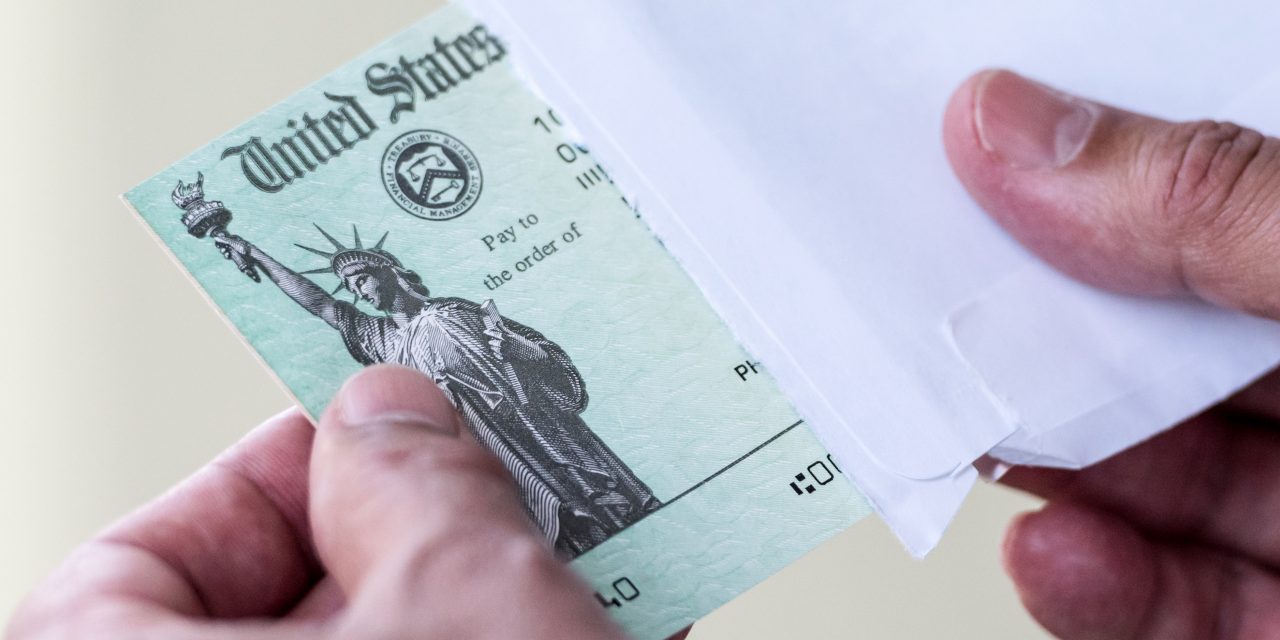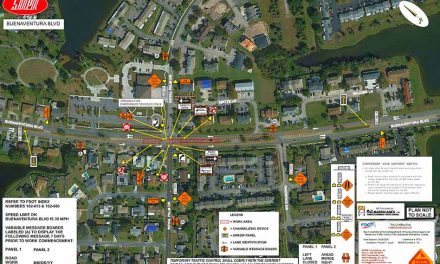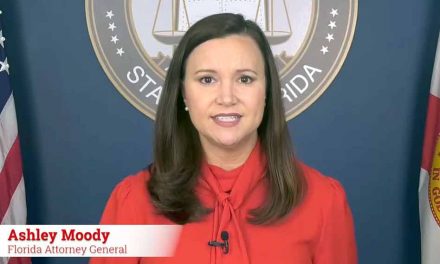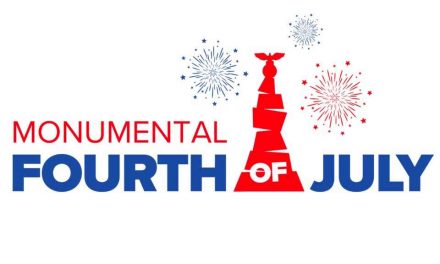After days of hand-wringing, Congress approved — and President Trump signed into law — the Coronavirus Aid, Relief, and Economic Security (CARES) Act, designed to help individual taxpayers, business owners, and the entire economy try to revive itself from the downtown caused by the COVID-19 pandemic and the closures, layoffs and economic strife that has followed.
The $2.2 trillion — $2,200,000,000,000 spelled out — package will result in direct payment to taxpayers based on their 2019 reported income, expanded unemployment benefits, and relief for affected small businesses and those who will have issues making rent or mortgage payments.
Osceola County has prepared a rather detailed CARES Act Stimulus Bill summary.
Among the most popular pieces, it will provide a one-time, non-taxable payment to everyone who makes under $75,000 if you’re single, $112,500 if you’re head of household and $150,000 if you’re married. Taxpayers who are single or head of household will get $1,200 of relief. Taxpayers who are married will get $2,400 of relief. For each child you have who is 16 years old or younger, you will get an additional $500 in your stimulus check. And if you already filed your 2019 taxes and provided direct deposit information for a refund, it will be deposited that way.
What isn’t clear is when and how physical checks will be mailed to those who will require that. Information from different sources say anytime from the end of April to the end of May.
There’s provisions that most mortgages are prohibited from foreclosure actions for 60 days starting March 18th for borrowers who request it and can demonstrate a COVID-19 related hardship. Landlords are subject to a 120-day moratorium on filing eviction proceedings for the non-payment of rent; unpaid rent will still accrue, but landlords may not charge fees or assess fines.
Unemployment Compensation: Through July 31, the federal government would provide a temporary Federal Pandemic Unemployment Compensation (FPUC) of $600 aweek for any worker eligible for state or federal unemployment compensation benefits. The FPUC would be paid in addition to and at the same time as regular state or federal unemployment benefits.
Payment Protection Program (PPP) Loans: The program would provide cash-flow assistance through 100 percent federally guaranteed loans to employers who maintain their payroll during this emergency. If employers maintain their payroll, the loans would be forgiven. Small businesses and other eligible entities will be able to apply if they were harmed by COVID-19 between February 15 and June 30, 2020.
Other parts of the wide-sweeping funding bill include:
- $150 billion for local governments for expenditures incurred due to the public health emergency
- $8.8 billion in additional funding for Child Nutrition Programs in order to ensure children receive meals while school is not in session
- $450 million in assistance for banks so they can continue to assist those Americans most in need.
- $30.75 billion for an Education Stabilization Fund for states, school districts and institutions of higher education for costs related to coronavirus
- $4.3 billion to support federal, state, and local public health agencies to prevent, prepare for, and respond to the coronavirus, including purchase of personal protective equipment; laboratory testing to detect positive cases; contact tracing to identify additional cases; and infection control and mitigation at the local level to prevent the spread of the virus
- $2 billion in direct allocation to state and local Community Development Block Grants that must be allocated within 30 days of enactment of the bill


















